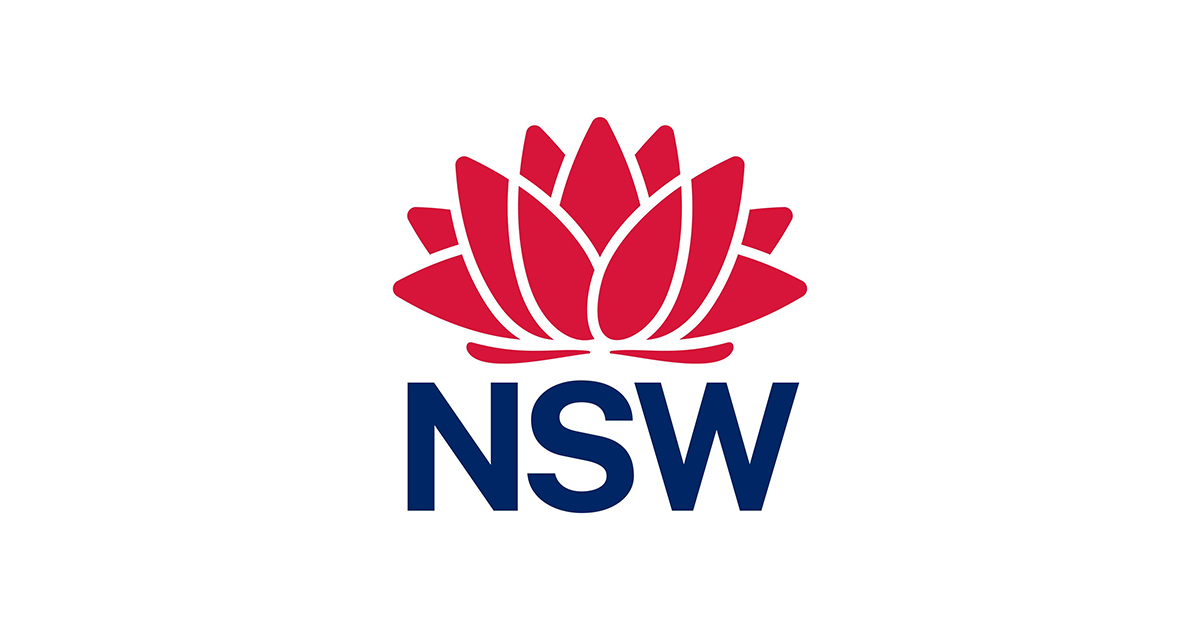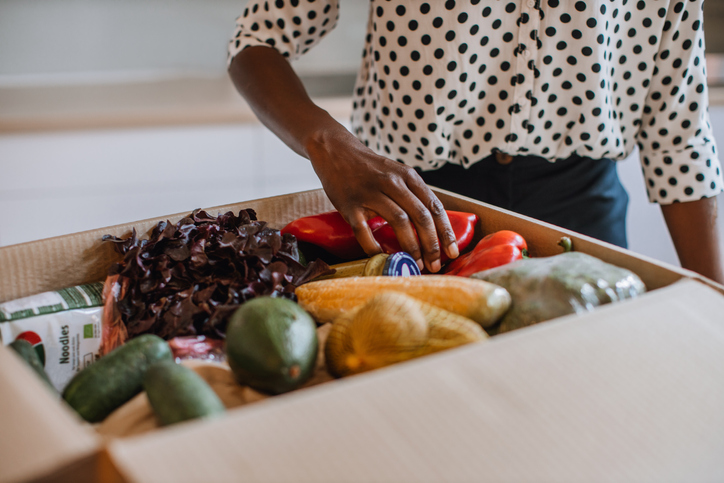
NSW Health is strongly urging the community to stay up to date with their vaccinations to protect themselves and others, as the flu season begins, and notifications of respiratory viruses rise across the state.
The latest NSW Health Respiratory Surveillance Report shows influenza and COVID transmission in the community is increasing, while respiratory syncytial virus (RSV) remains at high levels.
NSW Chief Health Officer Dr Kerry Chant said the latest data shows more than 2,000 people were diagnosed with influenza across NSW in the week ending 11 May 2024.
“We are now officially entering the influenza season, with cases expected to surge rapidly in the next six to eight weeks, so now is the time to book in for a flu vaccine to protect yourself and your loved ones,” Dr Chant said.
“This is a timely reminder for parents, as we are already seeing an increase in the number of young children becoming sick with the virus. The flu vaccine is readily available and free for those at higher risk of severe illness, including children aged six months to under five years.
“We are also seeing COVID-19 activity increase from low to moderate levels, and expect that COVID-19 will also continue to increase, so we are encouraging the community to make sure they are up to date with their COVID-19 vaccinations.
“With all three viruses in circulation, we also want to remind the community that symptomatic people should stay at home and wear a mask if they do need to go out. They should avoid visiting high-risk settings like hospitals, aged and disability care facilities.”
There are a few simple steps you can take to help protect yourself and your loved ones from respiratory viruses like COVID-19, influenza and RSV, including:
- Stay up to date with your recommended flu and COVID-19 vaccinations
- Stay home if you are sick and wear a mask if you need to leave home
- Get together outdoors or in large, well-ventilated spaces with open doors and windows
- Consider doing a rapid antigen test (RAT) before visiting people at higher risk of severe illness.
- Talk with your doctor now if you are at higher risk of severe illness from COVID-19 or influenza to make a plan about what to do if you get sick, including what test to take, and discussing if you are eligible for antiviral medicines
- Don’t visit people who are at higher risk of severe illness if you are sick or have tested positive to COVID-19 or influenza
More information on influenza and the COVID-19 booster vaccines can be found here:
https://www.nsw.gov.au/health/influenza
https://www.nsw.gov.au/covid-19/vaccination






